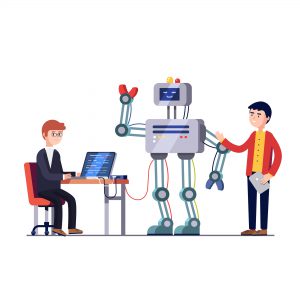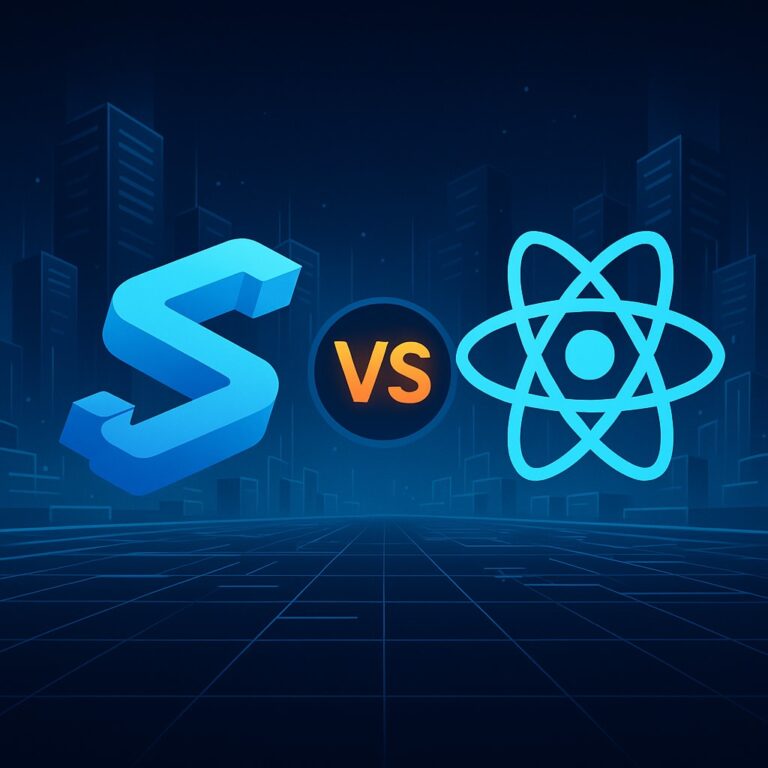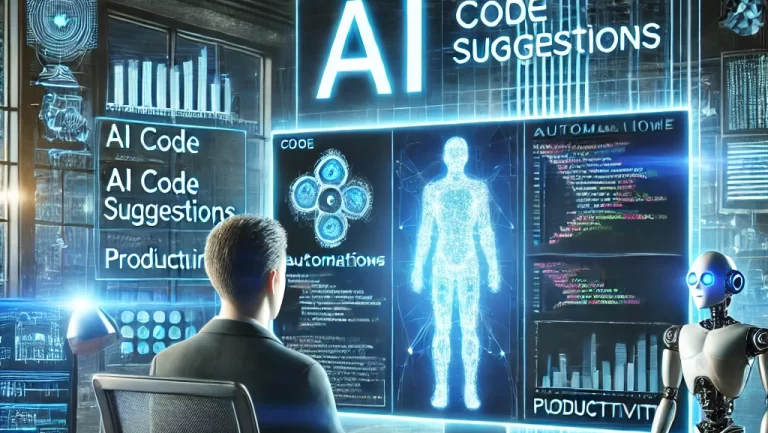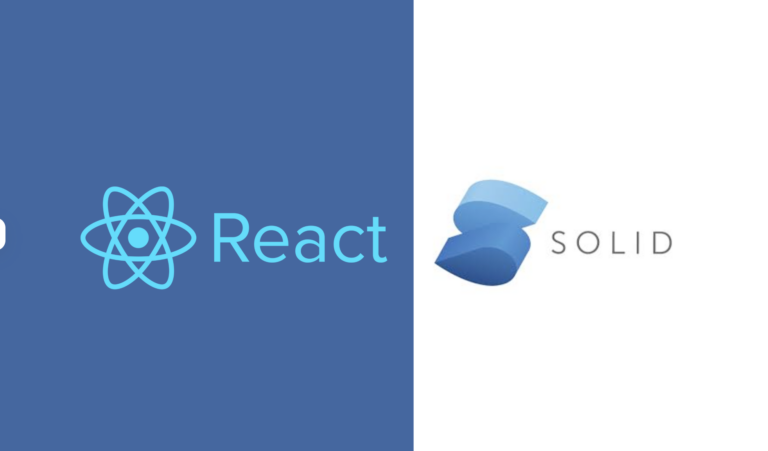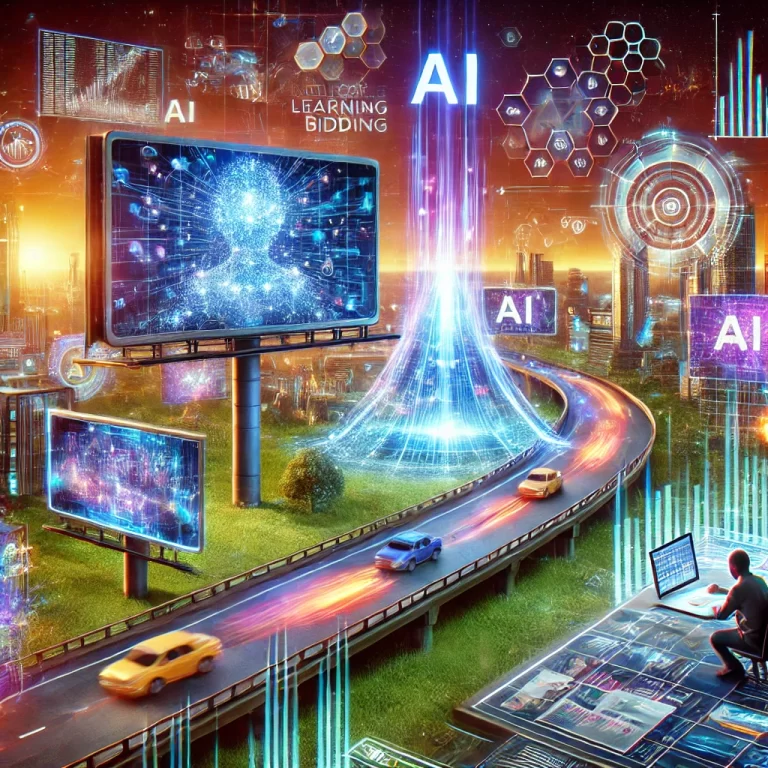Artificial intelligence (AI) is a broad term that refers to the ability of machines to perform tasks that normally require human intelligence, such as reasoning, learning, decision making, and perception. AI can be applied to various domains and industries, such as finance, health care, national security, transportation, and education, to enhance efficiency, accuracy, and innovation.
AI is not a new concept, but it has gained a lot of attention and momentum in recent years, thanks to the advances in computing power, data availability, and algorithmic techniques. Some of the breakthroughs that have demonstrated the potential and impact of AI include:
- AlphaZero, a computer program developed by DeepMind, that learned to master the games of chess, Go, and shogi from scratch, by playing against itself and using a technique called reinforcement learning.
- GPT-3, a natural language processing system created by OpenAI, that can generate coherent and diverse texts on various topics, given a few words or sentences as input, by using a large neural network trained on billions of words from the internet.
- Watson, a cognitive computing system developed by IBM, that can answer questions posed in natural language, by using natural language processing, information retrieval, knowledge representation, and machine learning techniques. Watson famously won the quiz show Jeopardy! in 2011, and has since been applied to domains such as health care, education, and business.
These examples illustrate some of the qualities of AI, such as:
- AI can learn from data and experience, and improve its performance over time.
- AI can handle complex and large-scale problems, that are beyond the scope of human capabilities.
- AI can augment and assist human abilities, and provide new insights and solutions.
However, AI also poses some challenges and risks, such as:
- AI can be biased, unfair, or discriminatory, if the data or algorithms used to train or deploy it are not representative, transparent, or accountable.
- AI can be misused, abused, or hacked, if the security, privacy, or ethical standards are not enforced or respected.
- AI can have unintended or harmful consequences, if the goals, values, or impacts of it are not aligned with human or societal interests.
Therefore, it is important to ensure that AI is developed and used in a responsible and beneficial way, that respects human dignity, rights, and values. Some of the steps that can be taken to achieve this include:
- Encouraging greater data access and quality, while protecting users’ personal privacy and data rights.
- Investing more in AI research and education, while fostering diversity and inclusion in the AI workforce and community.
- Regulating and governing AI principles and practices, while promoting collaboration and dialogue among stakeholders and sectors.
- Educating and empowering AI users and consumers, while raising awareness and literacy about AI benefits and risks.
AI is transforming the world in many ways, and it is up to us to shape its future. By understanding the fundamentals of AI, and by engaging with its opportunities and challenges, we can harness its potential for good, and create a better society for all.

